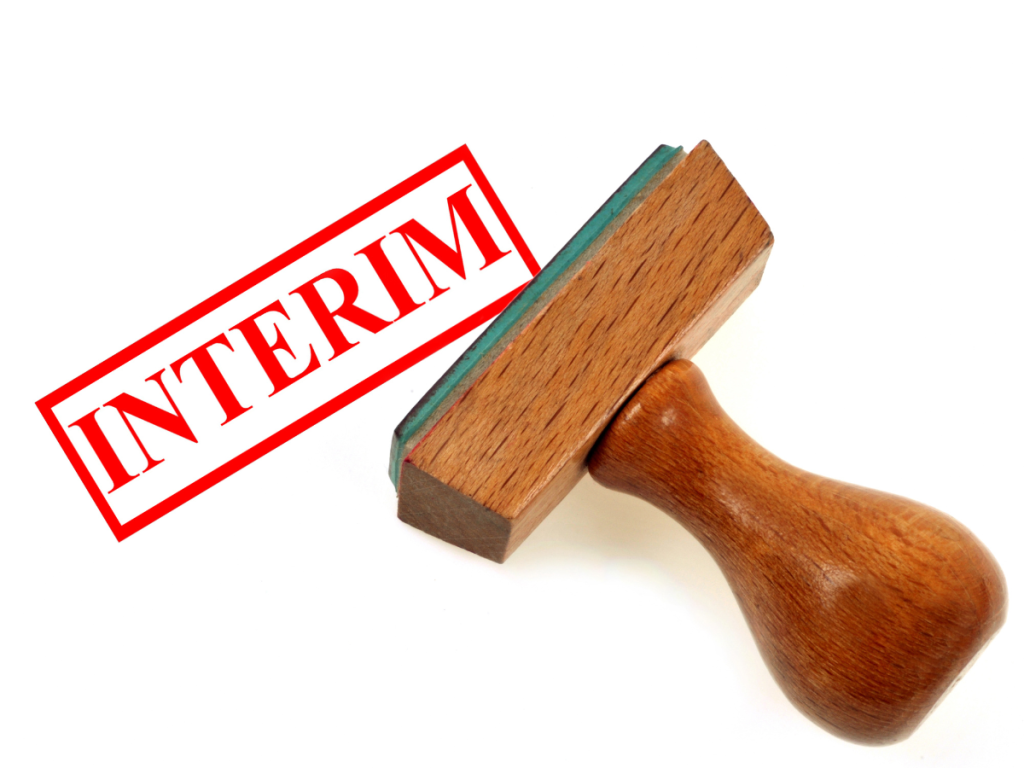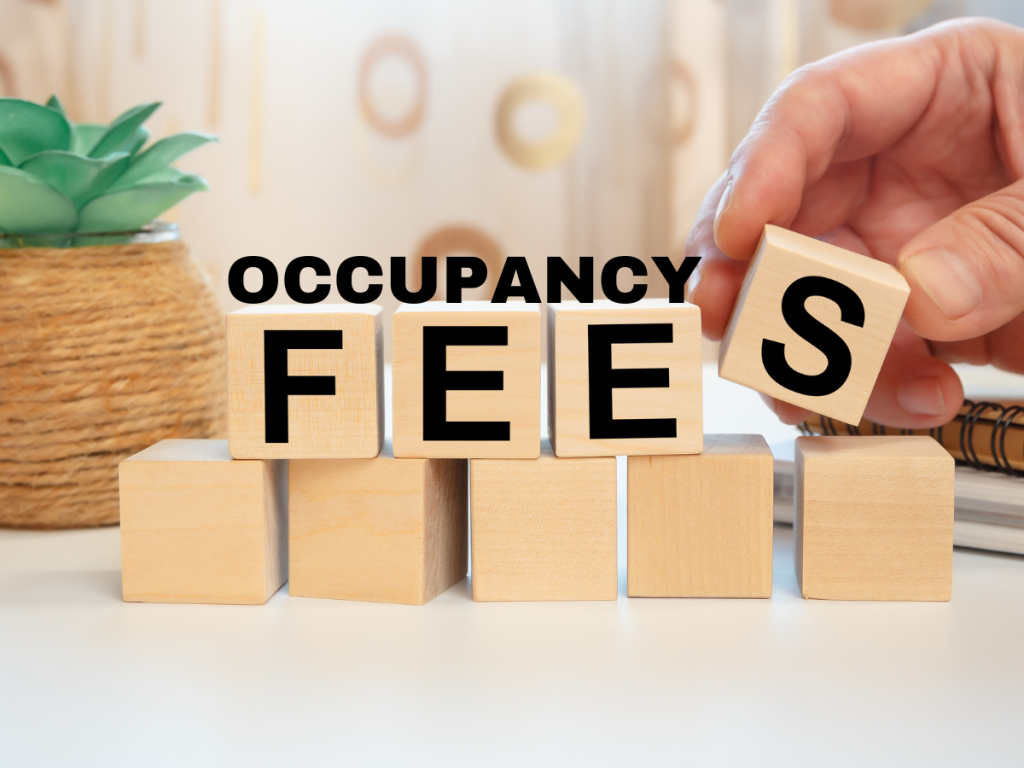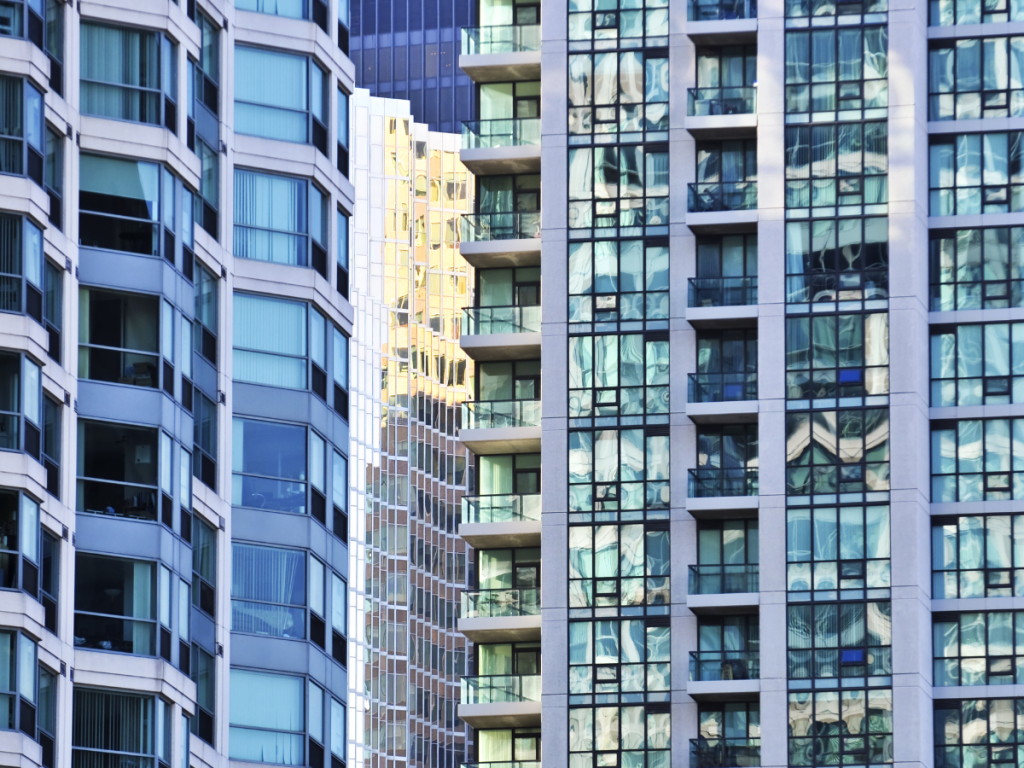
Some of the questions our homebuyers and investors often ask us when purchasing a condo include: “Do I have to pay maintenance fees? How much do maintenance fees increase each year? Can I negotiate the fee at the time of purchase? How are they calculated?”
Allow us to provide you a mini-tutorial master class, or Maintenance Fees 101.
Keep in mind, when you invest in pre-construction condos there are going to be monthly fees and that should factor into your overall condo-buying budget. This monthly fee can sometimes be synonymously referenced as:
Monthly maintenance fees can also be referred to as condo fees or common expense fees. These terminologies are not three different fees. They’re typically combined into one monthly fee. For the purposes of this article, we’ll refer to it as a maintenance fee.

This monthly fee begins at Interim Occupancy. The period between Occupancy and Final Closing is referred to as “Interim Occupancy Period”. During this interim period, the condo owner is required to pay “interim occupancy fees”.
The interim occupancy fees will cover costs associated with the use of the property:
- maintenance fees
- property taxes and
- interest on the builder’s mortgage.
Note: the maintenance fees might be payable even if at the time occupancy, some or all of the amenities are not yet complete.
These Interim Occupancy Fees are paid to the vendor (developer) who collects maintenance fees on behalf of the Condo Corporation (until the Condominium is Registered as a Corporation).

Interim Occupancy Period/Occupancy Fees
It can sometimes take a few years for the building to Register as a Condominium Corporation. After the Condo Corporation is Registered, the unit moves to the final closing stage and that’s when the Condo Corporation would initiate monthly maintenance fees.
A maintenance fee is a financial contribution the condo owner must pay, monthly, in order to maintain the common elements. These maintenance fees go towards the maintenance and care of shared amenities, common spaces, and general upkeep of the condo property.
Although it is an additional cost to you, it is an essential cost because it supports and preserves the condition and upkeep of the condominium building. Examples of common elements include:
- parking-garage
- main lobby maintenance
- hallway maintenance
- elevator servicing
- general repairs (e.g. roof, pool repairs)
- landscaping
- snow removal
- garbage removal
- cleaning the common areas
- concierge services
- property management
- property Insurance for the building (not related to your own personal insurance)
- maintenance of the building amenities (e.g. swimming pool, gym, rooftop patio, pet spa etc.).
- the monthly fee may (or may not) include some of your utilities. Check your Discloser Documents to find out what is included.
- reserve fund

How maintenance fees are calculated.
Condo developers are required to prepare a budget for the fiscal year of every new condo building, based on an estimation of condo expenses. This is included in the Disclosure Documents provided with the Agreement of Purchase and Sale (APS).
The information in the first-year budget should include:
- projected common expenses (monthly maintenance fees for the various unit types)
- details about the type and frequency of the services that the building needs
- projected costs of the performance audit
- projected cost of the first year’s reserve fund study.
Once a buyer purchases a new condo unit and signs the Agreement of Purchase and Sale (APS), the developer will then give them the disclosure documents along with the first-year’s budget, which will outline the various fees calculated and how much each condo owner is expected to pay.
The information in the first-year budget will give you a better idea of what the expenses you’re expecting to pay, in addition to the cost of buying your unit.

10-Day Rescission Period
It’s important to remember that upon signing the APS and receiving the Disclosure Documents, The Condo Act (a provincial-based, consumer protection legislation, that regulates condo life in Ontario) provides buyers with a 10-day cooling off period, to review this information. Be sure to make use of those 10-days and ask your lawyer to review this lengthy document with you. If within those 10-days the buyer decides to back out of the purchase, it is the buyer’s right to do so. On the 11th day, you’re in a binding contract. Take those 10 days to review your documents very seriously.
Once the cooling off period has expired, the buyer is now legally bound by the terms of the disclosure statement and its package of documents.

Condo Fees Are a Mandatory Monthly Payment
Every purchaser who buys a condo must pay condo fees, it’s non-negotiable.
Condo owners who fail to pay their required common expense fees will have a lien placed on their condo unit, by the condo corporation. This lien would cover the amount owed plus interest and any legal costs the corporation has incurred while trying to collect your monthly fees.
A condo corporation has three months from the date of default to register a certificate of lien, and ten days’ notice needs to be given to the condo owner before the lien can be registered.
Defaulting on your condo fees is seen as similar to defaulting on your mortgage and is treated in the same way.

Reserve Fund Study
After the first year of operations, another way to determine how much your monthly maintenance fees will increase is to look at the condo reserve fund study. This study is sent by property management to each resident.
After the study is approved by the condo board, the reserve fund study will state:
- how much of your maintenance fees will go towards the reserve fund and
- how much is the fund expected to increase each year.
A reserve fund study must be completed during the initial year and updated every three years.
When it comes to the annual maintenance fees, there is no one size all approach, however by looking at:
- the first-year budget and
- the reserve fund study
you will have a better idea of:
- the financial standing of the condominium corporation
- what you’re expected to pay for your contribution and
- how much these fees will likely increase in the future.
When the time comes, reach out to your Condo Corporation’s Property Management Company, if you have further questions.
If you’re looking for more information on condominiums in general, we encourage you to check out the CMHC guide: Condominium Buyers’ Guide
(simply click on the photo to access the online guide)

